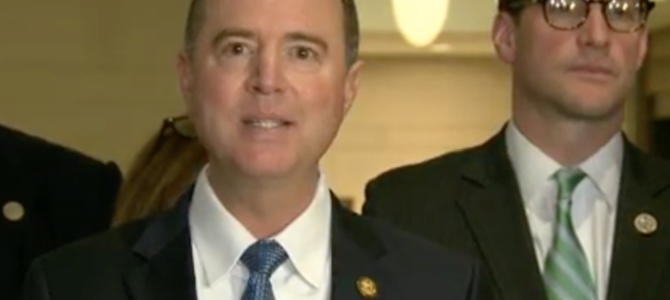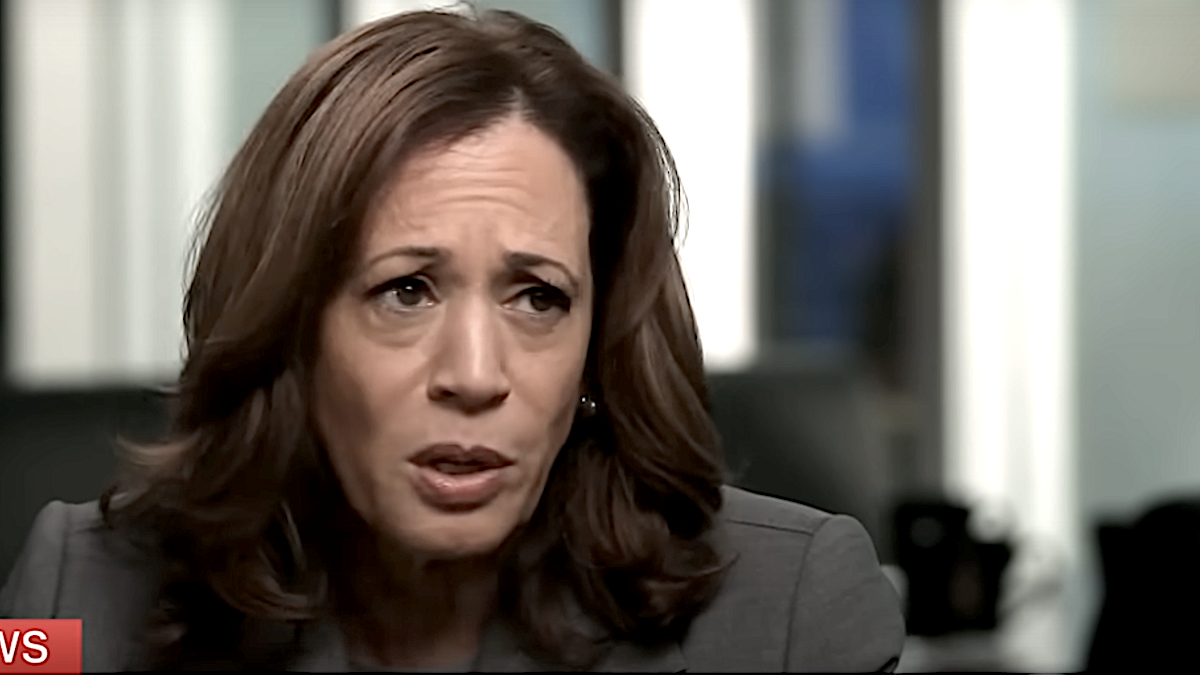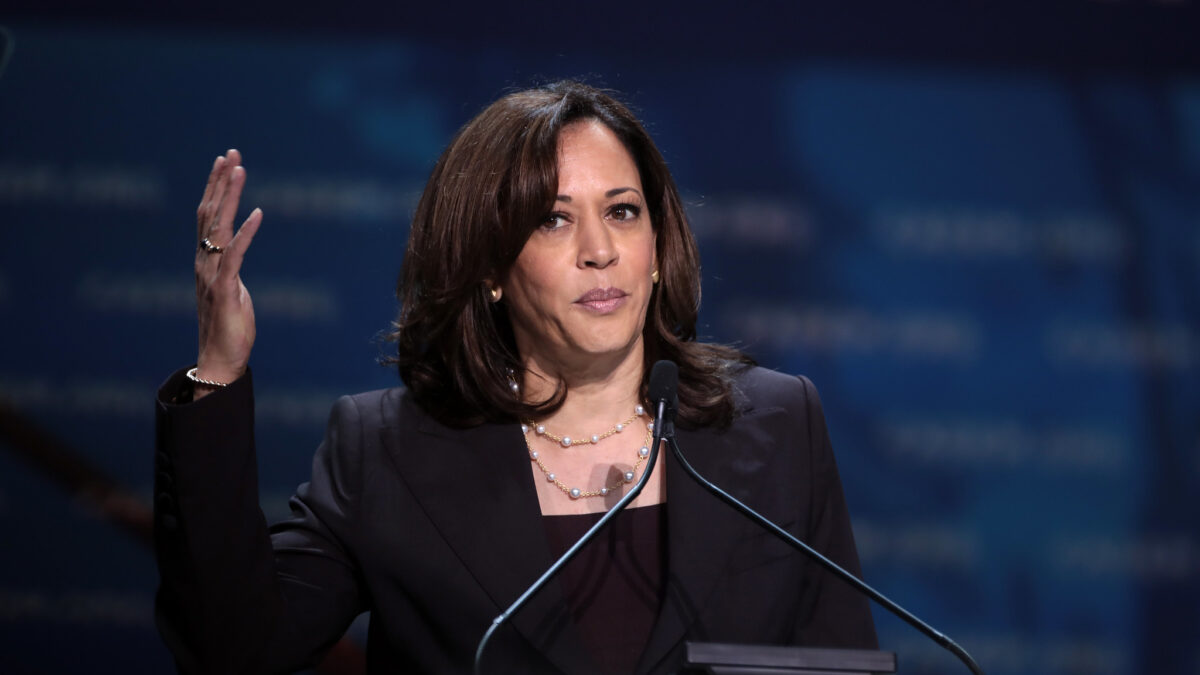
Democratic Reps. Adam Schiff and Jerrold Nadler have indicated how they plan to respond in their counter to the memo from House Intelligence Committee Republicans that alleges the FBI abused the FISA system to spy on the Trump campaign. They released a pair of unclassified press releases that clarify the concerns their memo is likely to highlight.
Taken together, the responses make it clear that the central complaint about the memo from Republican Rep. Devin Nunes involves omissions — an echo of concerns issued by FBI Director Chris Wray in a statement citing his “grave concerns about material omissions of fact that fundamentally impact the memo’s accuracy.” The omissions appear to revolve around the foundational and source disclosure elements of the Nunes memo, which the Democrats will claim lacks context.
Schiff, the ranking minority member of the House Permanent Select Committee on Intelligence (HPSCI), issued his on behalf of the HPSCI minority, while Nadler, who holds the same title on the House Judiciary committee, appears to have issued his response directly to NBC News under his own name. Schiff presents his main argument here:
In order to understand the context in which the FBI sought a FISA warrant for Carter Page, it is necessary to understand how the investigation began, what other information the FBI had about Russia’s efforts to interfere with our election, and what the FBI knew about Carter Page prior to making application to the court – including Carter Page’s previous interactions with Russian intelligence operatives. This is set out in the Democratic response, which the GOP so far refuses to make public.
The authors of the GOP memo would like the country to believe that the investigation began with Christopher Steele and the dossier, and if they can just discredit Mr. Steele, they can make the whole investigation go away regardless of the Russians’ interference in our election or the role of the Trump campaign in that interference. This ignores the inconvenient fact that the investigation did not begin with, or arise from Christopher Steele or the dossier, and that the investigation would persist on the basis of wholly independent evidence had Christopher Steele never entered the picture.
The DOJ appropriately provided the court with a comprehensive explanation of Russia’s election interference, including evidence that Russian agents courted another Trump campaign foreign policy adviser, George Papadopoulos. As we know from Papadopoulos’ guilty plea, Russian agents disclosed to Papadopoulos their possession of stolen Clinton emails and interest in a relationship with the campaign. In claiming that there is ‘no evidence of any cooperation or conspiracy between Page and Papadopoulos,’ the Majority deliberately misstates the reason why DOJ specifically explained Russia’s role in courting Papadopoulos and the context in which to evaluate Russian approaches to Page.
Nadler echoes the general themes established in the Schiff response, and provides some color to the issues cited above. While his letter comprises four separate points of dispute, only the first two deal with the substance of the Nunes memo — the others describe Nadler’s understanding of the political agenda informing the compilation and release of the memo.
Those two issues Nadler presented are as follows:
“The FISA court found probable cause to believe that Carter Page is an agent of a foreign power. Nothing in the Nunes memo rules out the possibility that considerable evidence beyond the Steele dossier helped the court reach that conclusion.”
“Christopher Steele is a recognized expert on Russia organized crime.”
While their presentation may be different, the two Democrats agree on the central complaint: The Nunes memo was crafted in a manner that misleads the public as to the totality of evidence presented in seeking the FISA warrant. There were other factors that supported approval of the warrant, which were purposefully excluded from the memo in furtherance of a political agenda to cover for President Trump, and to distract from, and possibly undermine, the ongoing Mueller investigation.
Based on public statements by both Schiff and Nadler and the arguments put forward in their written responses, one can put together a fairly reliable picture of the nature of the evidence they believe to have been excluded.
It appears that the Democratic response to the Nunes memo will claim that the FBI and DoJ presented a case against Carter Page that involved four separate elements.
First, the association of his transition colleague, George Papadopoulos, with suspected Russian operatives, who orchestrated a dangle of derogatory information (“thousands of Clinton emails”) through an alleged cutout ostensibly working for Russian intelligence. This would have been presented to show Russian interest in, and demonstrated action against, Trump-associated transition officials, and would suggest that a similar approach to Page would be in keeping with a pattern. It would also support the Democrat point that the Papadopoulos notification was the event that triggered the investigation, not the Steele dossier.
Second, the Democrats will note the checkered counter-intelligence background of Carter Page, including his brush with a recruitment operation by a cell of Russian intelligence officers based in New York in 2013 and 2014. During the course of his interactions with these agents, Page provided one of them with open source energy industry documents, which the FBI reasonably interpreted as a precursor to more aggressive recruitment, at which time they approached Page and waved him off.
Page has not disputed this sequence of events, but has repeatedly and consistently denied knowledge of the nefarious intent of his Russian interlocutor until apprised of the situation by the FBI. Nevertheless, the inclusion of such prior contact with a foreign intelligence agency and his propensity for engaging, albeit unwittingly, in suspicious interactions with foreign intelligence agents merits inclusion in any request to further explore Page’s 2016 contacts and activities in Russia.
Third, the Democratic memo will likely more comprehensively address the events that led the FBI to initiate a full investigation into Russian contacts with Trump associates during the campaign and transition. While the Papadopoulos affair is believed to be the trigger, the Democrats may present additional factors, possibly involving intercepted communications prior to or concurrent with the Papadopoulos engagement, which compelled the intelligence community to take a harder look at the Papadopoulos information when it came across their transom.
The Steele dossier will represent the remaining element of evidence presented by the Democrats in their memo, but its prominence will likely be minimized to represent the dossier as of equal or lesser deliberative value to the FISA evidence packet, when measured against the other three evidentiary streams.
All of this is a completely understandable Democratic response to the compliance, disclosure, and evidentiary issues identified in the Nunes memo. It makes complete sense to flesh out the unreported details of the totality of the evidence in order to mute the impact of what is currently a disadvantageous political environment for the Democrats. The Nunes memo has raised questions regarding not only the FBI and DOJ’s posture related to evidentiary obligations in seeking government action against a citizen, but also in the posture of a political party which has been backed into a position of opposing the transparency that brought the issue to light, while defending against, or rationalizing, the allegations of malfeasance that populate the Nunes memo.
It’s important that they get this right, not only for the good of the Democrats working to reduce the boil on what is currently an uncomfortable period of scrutiny, but also for the good of the informed citizenry, who would likely rather fly to Washington and stand in line to read each FISA application individually than go through another three months of accusations and counter-accusations between the two parties, with no additional public information to clarify the very serious questions posed by the Nunes memo.
Unfortunately for all involved, if the Democrats follow a script similar to the one I’ve proposed above, they will fall short of that task, as there is one key element of this dispute which will remain unaddressed, at least in a comprehensive way, and that element is this: The principle issue at hand is not whether or not the Steele memorandum was used as a small, medium, or major part of the FISA package, nor is there any dispute that the subsequent 90-day reauthorizations required sufficient cause to show that the surveillance during that period had been productive.
That is all of interest, but not dispositive to the central question, which is whether or not any of the Steele dossier information had been corroborated prior to inclusion in the FISA request and, if not, whether the judge had been properly apprised of the unverified nature of that evidence. Absent a clear answer to that question, nothing else really matters.
“It wasn’t all verified, but there was plenty of other evidence to compel the approval even if we hadn’t used it” isn’t an acceptable response, nor will it be acceptable if the veracity of the Steele information was attested to based on his reputation and history of positive production to the FBI and DoJ. It appears that Nadler’s second point — that “Christopher Steele is a recognized expert on Russia and organized crime” — is a troubling foreshadowing of the likelihood that this characterization may be presented as dispositive, in lieu of corroboration of his reporting.
It is of little import to those inclined to believe the allegations set forth in the Nunes memo that the investigation has been ongoing since July, and that the Steele dossier isn’t officially recognized as the trigger that initiated the investigation. We know that the FBI had the Steele dossier prior to the late-July phone call from the Australian diplomat, and that the FBI subsequently met with and hired Steele as a paid source.
We know that Steele’s unreported or misrepresented interactions with the media led to his removal from the payroll prior to his first payment, but didn’t end his interaction and cooperation with the FBI and DOJ. We don’t know for sure, but are told that the explosive nature of the information and extensive list of contacts in the Steele dossier occupied a significantly larger percentage of FBI’s investigative interest and resources than the singular entanglement of Papadopoulos in his own web of nefarious characters.
Finally, while we appreciate the oft-stated reauthorization standard for FISA warrants — that the government must provide positive results from the collection period in order to gain approval for an additional 90-day window — we are also aware that the Steele dossier was also included in each of those reauthorization hearings. We want to know that each of those hearings involved a declaration that the evidence presented from that dossier was validated. Otherwise, we want to know why they felt it was necessary to include unverified information in a hearing in which technical surveillance evidence suggesting that Page was acting as an agent of a foreign power was not considered sufficient to gain approval for the extension without additional supporting evidence, which may or may not have been of questionable validity.
What we don’t want to hear is a declaration that the dossier information was indeed validated, only to be informed after further review that the validated data points consisted of verification that Page traveled to Moscow and made his speech on the dates noted in the dossier, that the FBI validated that Putin hated Hillary Clinton and wanted Trump to win, or that Russian individuals Page was accused of “meeting with” and secretly conspiring with were present in Moscow or at the speech during the time periods mentioned in the dossier, without further corroboration that he did indeed “meet with” and conspire with these individuals. A greeting in passing won’t do. Geographical colocation won’t do. We need to know that he did what Steele said he did — not that he was present where Steele said he was present.
So we look forward to the release of the Democratic HPSCI response to the Nunes memo, but we hope it will include a definitive answer to the only question that really matters — was the Steele dossier information presented to that court a finished product of the full vetting and validation process required by the FBI, DOJ, and FISA court, or not?
Absent a clear answer to that question, the Democratic response to the Nunes memo will only increase the rancorous division on this issue between the parties, and the public.









